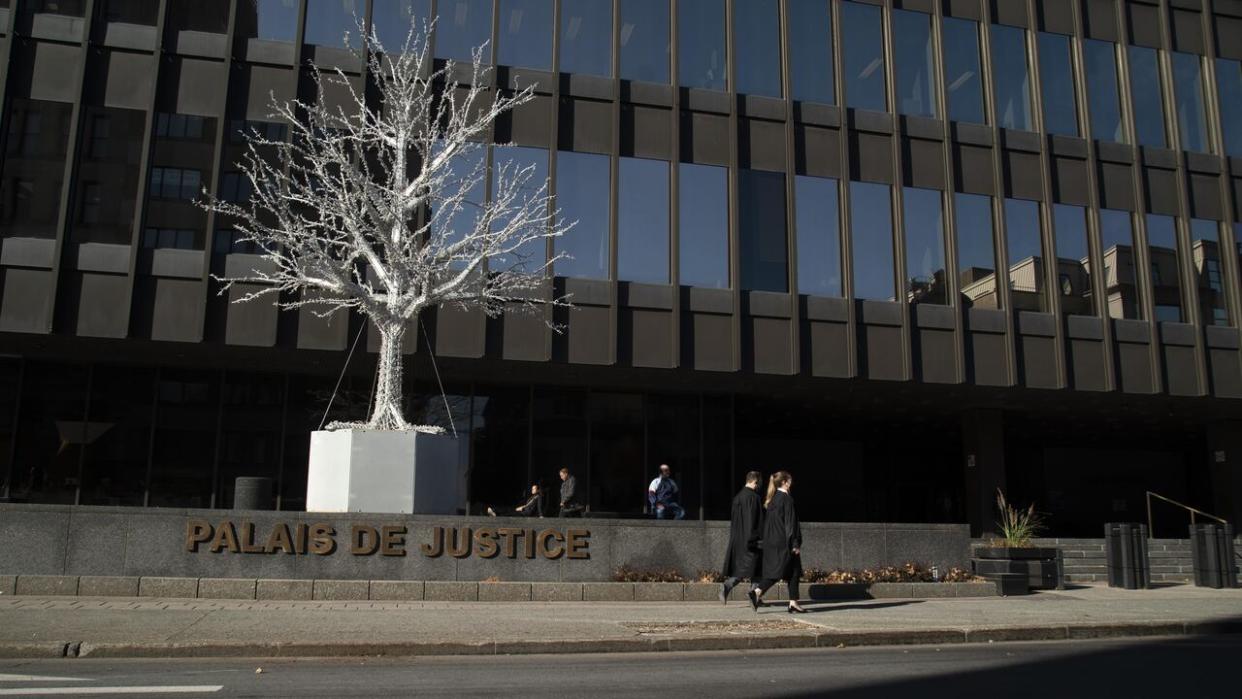English trials could be delayed by amendments to Quebec's French language charter, judge warns

A Quebec judge is questioning amendments to the province's French language charter, warning of potential delays in an upcoming English trial.
In a 17-page ruling, Quebec Court Judge Dennis Galiatsatos raises concerns over an amendment to Bill 101 requiring the immediate and simultaneous filing of French translation at the time a criminal court ruling comes down.
The judge is presiding over a criminal trial to be held in English starting two days after the law takes effect, June 1.
Galiatsatos writes that the constitutionality of the new rule needs to be debated in the context of his case.
The judge says families will all have to wait several additional weeks or months to receive the final judgment since it would have to be translated, reviewed, corrected and approved.
Galiatsatos says that would deny the families the closure they've been waiting for since 2021.
The judge says the accused has chosen not to raise issues regarding constitutional validity, but he says she is filing a request to halt the proceedings due to unreasonable delays, commonly referred to as the Jordan ruling.
Galiatsatos says both the attorneys general of Quebec and Canada argued he had no power to raise the issue, that they don't know what will happen once the law takes effect and that it should be dealt with on a case-by-case basis.
The judge says these arguments come from a severe lack of understanding of how criminal trials proceed and how a judge exercises his duties.
He says there will inevitably be delays, adding that leaving it to be resolved in each case would have the effect of derailing every English trial in the province.
In a statement, the Attorney General of Canada's office said the case in question was prosecuted by provincial prosecutors and Galiatsatos is commenting on provincial legislation, so it would be inappropriate for the Justice Ministry to comment.
Quebec's attorney general declined to comment as well, citing respect for the judicial process.
Law prof says Jordan ruling is for trials
In July 2016, the Supreme Court of Canada's Jordan ruling set out rules to decide how long is too long for a criminal trial. It said that most trials should finish either 18 or 30 months after a person is charged, depending on the type of trial.
However, Patrick Taillon, a law professor at Université Laval, said the Jordan ruling does not apply when a judge is delivering his decision
"If the judge takes weeks and months to reflect on his judgment, does that count in the Jordan deadline? The response from the Supreme Court in 2021 is that it doesn't count at all," said Taillon.
Court delays have been an ongoing issue in the province. Back in February, Quebec's justice minister announced he is giving more responsibility to justices of the peace to free up provincial court judges and reduce delays.

